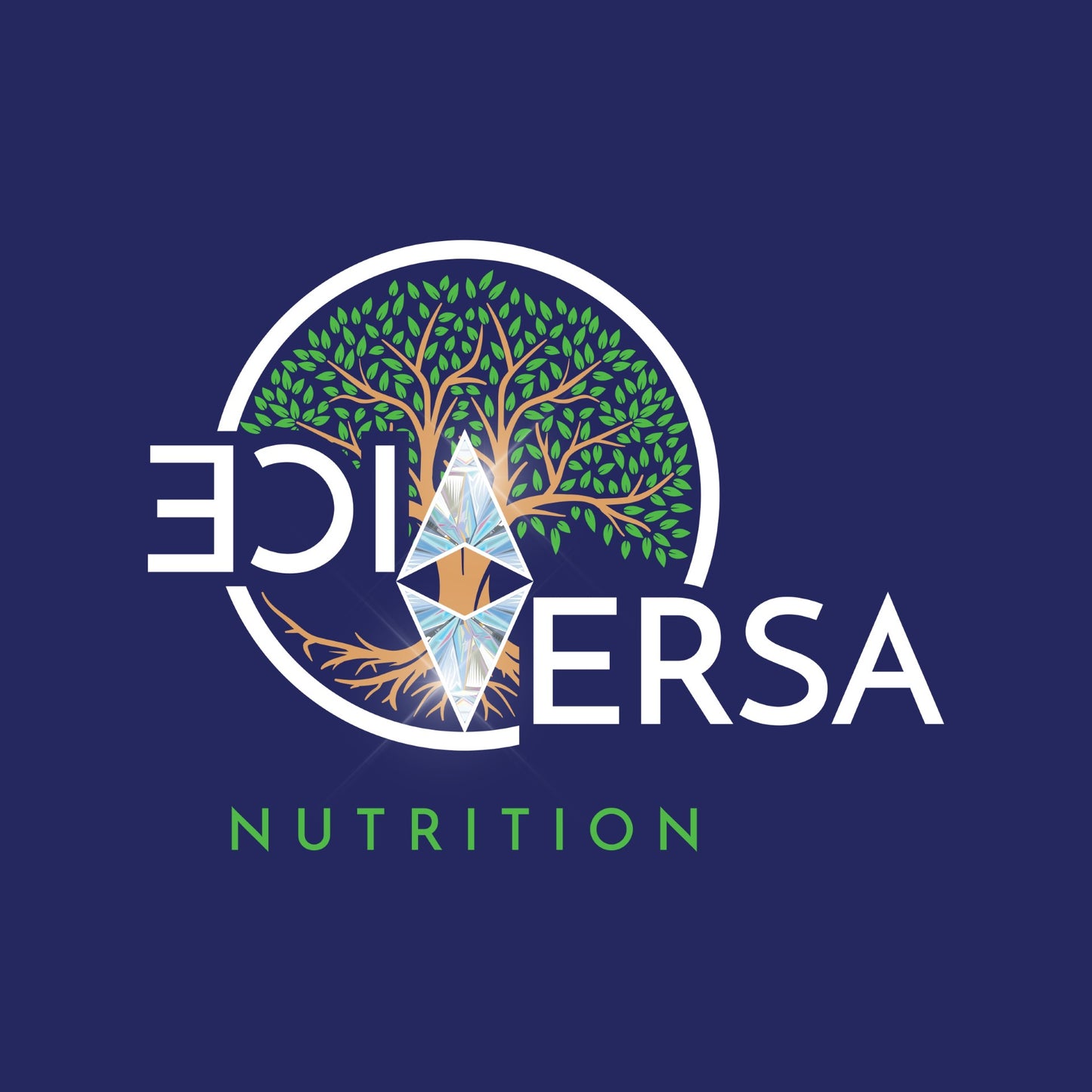
What is gratitude?
Gratitude is a form of mindfulness practices that can improve both physical and mental health. Simple practices of being thankful or showing a form of appreciation for big or small things in our life. Appreciation can be shown for just about anything or anyone in our lives whether in the past, present or future.
How to take part in everyday gratitude
Firstly you'll be glad to know, it doesn't cost anything. Gratitude for me works best in the morning, from the moment my alarm goes off I am grateful that I get to see another day to learn and grow to be that 1% better than I was yesterday. This is just one example of how gratitude is easy to fit around your day, here are some other examples below:
- The first sip of our morning tea/coffee is blissful. We get a dopamine reaction that triggers a mood of happiness. Let's use this to our advantage, notice the mood and be grateful that we have that ability to feel this pleasure.
- Appreciating our ability to breathe, there are numerous health benefits when controlling our breath in such a manner. Take deep breaths in and out and say thank you!
- Give thanks to the food we eat, not just for nutritional purposes but the jobs this one ingredient has created to get your plate.
The gratitude examples above demonstrate to you how you can apply gratitude, simply acknowledge the object or whatever it is that you may be thinking of in that present time and associate it with what it has done for you or for someone else. To make it easier for you to get your daily dose of gratitude you can go to YouTube and search for gratitude affirmations, all you have to do is follow along.
Science behind gratitude
There are many worries and stresses that our mind and body are constantly battling with, the battle is with cortisol. Cortisol is a hormone that is produced when under stress and triggers our fight or flight response. The body in this fight or flight state sends messages around the body saying we require a significant amount of energy. Overtime due to elevated stress our immune system levels drop thus making us more susceptible to illness and disease. You’re probably asking the question “how does gratitude fit into this?” Dr Joe Dispenser is a neuroscientist who has studied the brains of 120 participants who had elevated cortisol levels. The participants were put into a 4-day workshop where they had practice 9-10 minutes of elevated states of love, joy and gratitude 3 times daily. The results of cortisol levels dropped by 3 standard deviations, as a percentage this is approximately 99.7%.
This study shows us that the mind in a state of calm, love, and joy has the potential to heal and change our physiology. This is not advice for you to cut out any current medication provided by your health practitioner, but an exercise to add everyday for 5 -10 minutes.
I am grateful for you taking the time reading this blog post on gratitude and hope that you take part in this practice even if it's just for a few days. Encourage your environment to be more positive and full of love and joy.
Thank you. I hope you have a great day!
